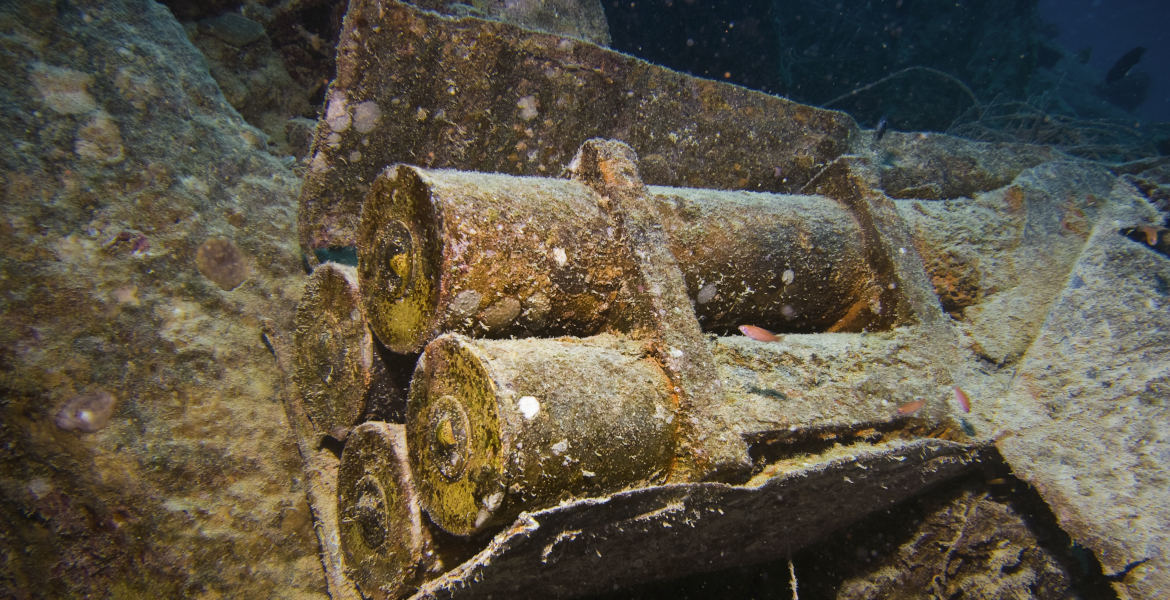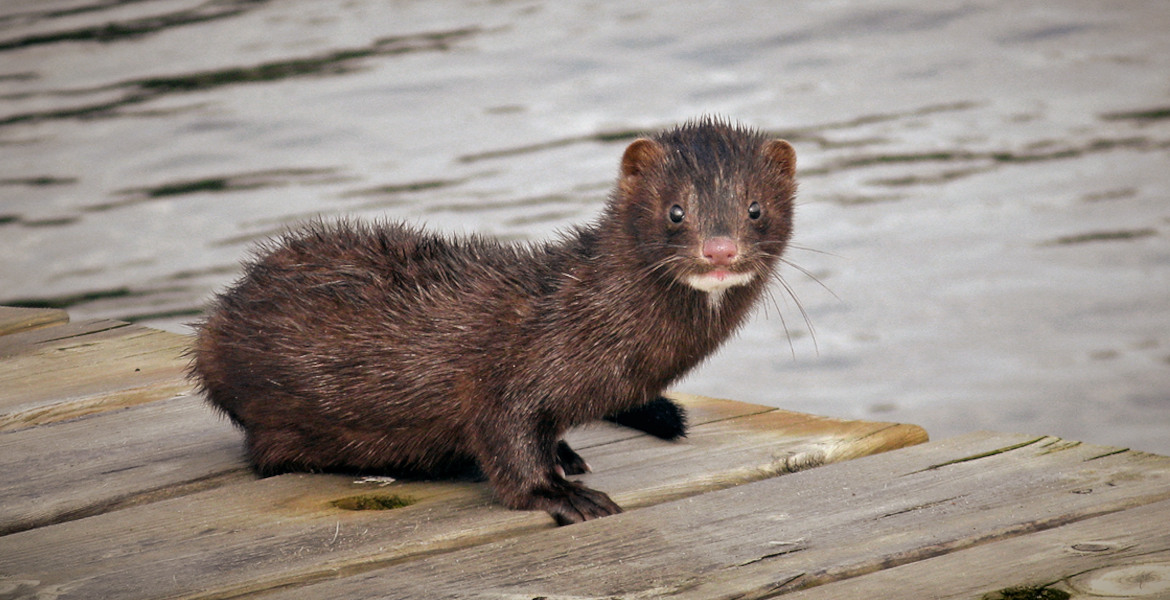Low levels of antidepressant drugs can harm male guppies, new research shows. Exposure to these drugs increased the males’ body size and reduced their sperm motility.
In recent years, the antidepressant fluoxetine, found in drugs such as Prozac, has been detected in rivers, lakes and streams around the world. When people take the drug, it is only partially absorbed into the body, while the rest is excreted in the urine. Since wastewater treatment plants cannot remove these residues, they are released into the environment through treated wastewater.
In a study published in the Journal of Animal Ecology, researchers collected 3,600 wild guppies (Poecilia reticulata) from Alligator Creek in North Queensland, Australia. Water samples from the area showed no traces of fluoxetine at the time.
Over a five-year period, the researchers exposed fifteen successive generations of these fish to the antidepressant fluoxetine. The fish were randomized into groups that received either no levels, low levels or high levels of fluoxetine. The “low” levels corresponded to normal surface water concentrations, while the “high” levels corresponded to concentrations in water bodies heavily affected by human sewage.
Reduced sperm motility
The study showed that male guppies exposed to low levels of fluoxetine showed poorer health, as measured by an index similar to human body mass index (BMI). The males’ gonopodium – the modified fin they use for mating – was also larger than in unexposed males.
While a larger gonopodium can be an advantage in mating, fluoxetine exposure also reduced sperm motility. This meant that sperm from exposed males had poorer swimming ability compared to sperm from unexposed males.
Fluoxetine also affected the males’ ability to perform normal behaviors such as hiding from predators. The researchers noted that the fish became more predictable and consistent in their behavior, which may make them more vulnerable to both environmental changes and predators.
Previous studies have also shown that antidepressants can reduce fish activity levels, impairing their ability to compete for food and mates.
“We discuss the need to integrate individual-level analyses and test behaviour in association with life-history and reproductive traits to fully understand how animals respond to human-induced environmental change”, the researchers write.








